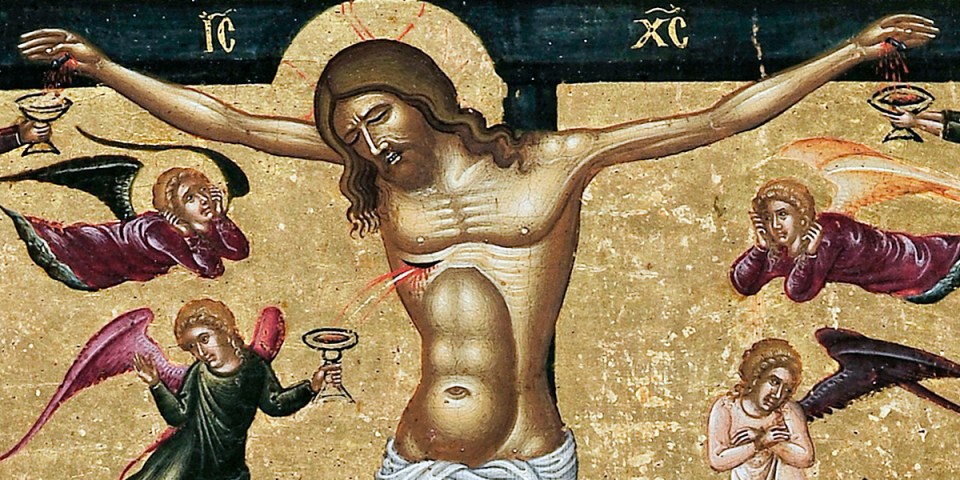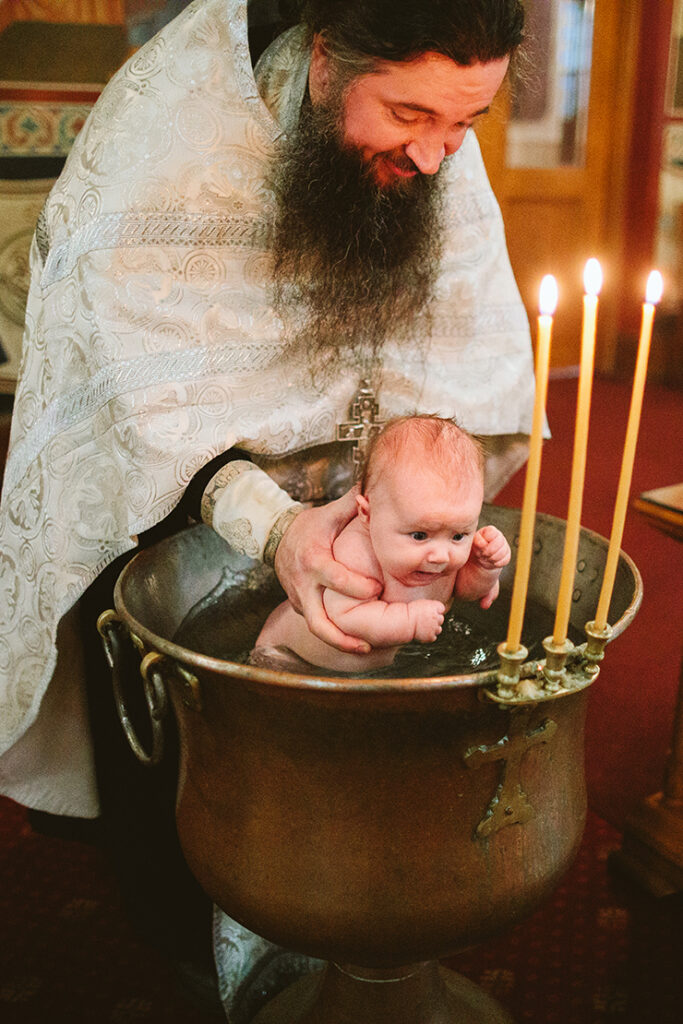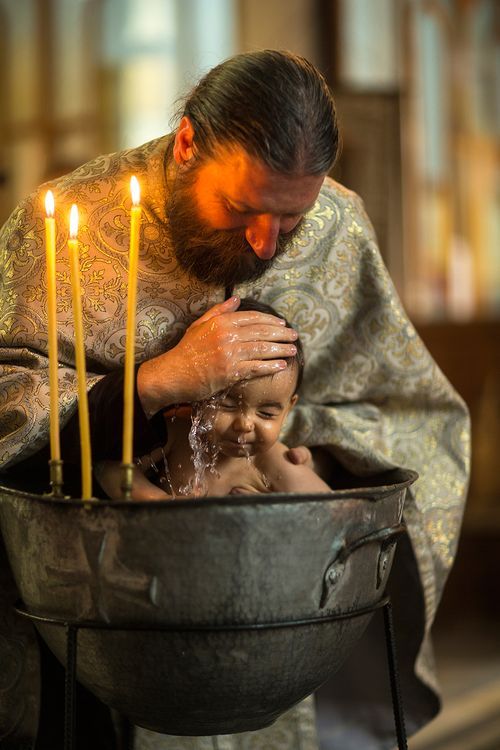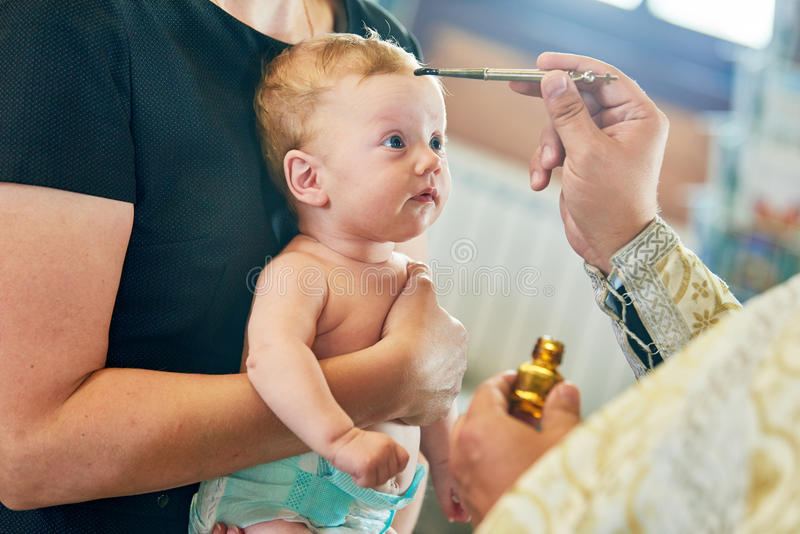
Let a man give to his wife what he owes her; similarly, a wife to her husband. A wife does not have authority over her body, her husband does; likewise, a husband does not have authority over his own body, his wife does. Do not deprive one another …. (1 Cor. 7:4-5)
Evidently the Corinthians had written a series of questions to St. Paul, some of them about marriage. In response, St. Paul writes a short treatise On Marriage in chapter 7 of First Corinthians. It was common for philosophers and later Christian theologians to write essays about the good and bad qualities of marriage; St. Augustine wrote an especially famous essay On the Good [Aspects] of Marriage.
Jewish tracts about marriage and pagan philosophers writing about marriage agree about the power of sexuality. St. Paul concurs with these ideas. The sexual relationship is at the heart of the marital relationship and the sexual availability each spouse owes the other came to be known as the “conjugal debt.” St. Paul writes that the spouses could agree to deny each other for short periods, so as to be better able to focus on prayer, but should never stay away from each other for long.
What is a “short” period? What is a “long” time? Jewish practice expected a married couple to abstain for one or two weeks each month because of the wife’s menstrual cycle. Soldiers and priests were expected to abstain during their times of active service–partly because they weren’t at home. Scholars of the Torah could abstain for a month but not longer; this meant they could not go away to distant libraries for months at a time. Ordinary workmen were not allowed to abstain for more than a week; this meant they had to come home every week if they had a job that required them to live away from home.
Early Christians expected that married couples who were fasting would also abstain from sexual activity; some manuscripts of First Corinthians read that couples should only abstain in order to engage in “prayer and fasting.” There were two fasting days each week and anyone receiving Holy Communion was expected to fast the night before as well. Converts preparing for baptism were expected to fast for three days. (This pre-baptismal fast is what became Holy Week and then Lent.)
St. Paul was not married. It was unusual for a Jewish man to not be married so a few people think he might have been a widower without children. Whether he had been married as a younger man or not, he urged the Corinthians to remain as they were when they converted: married or single or widowed. Stability of life–itself an important monastic virtue in the 6th century–was important to St. Paul. Such stability involved a stable homelife which included a stable reliance on the “payment” of the “conjugal debt.”




